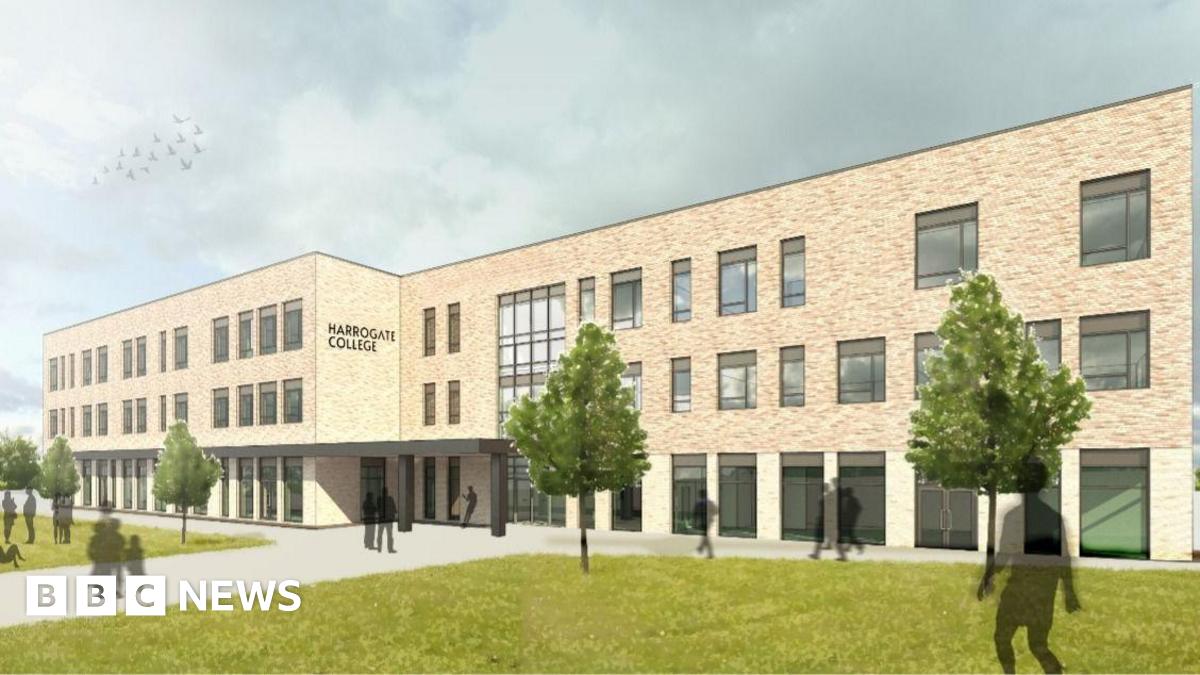AI Revolution: Are We Prepared for the Rapid Advancement of Artificial Intelligence?

The relentless march of Artificial Intelligence (AI) continues, and its progress is accelerating at an unprecedented pace. While AI has achieved remarkable breakthroughs in recent years, a critical question looms: are we, as a society, truly prepared for the transformative changes it will bring? Many individuals and organizations find themselves struggling to grasp the full implications of this technological revolution, a realization that demands immediate attention.
Professor Max Tegmark, a renowned physicist at the Massachusetts Institute of Technology (MIT), has been a vocal advocate for understanding and addressing the potential risks and benefits of advanced AI. He highlights a concerning gap between the rapid development of AI capabilities and our collective understanding of its impact on society, economics, and even our very existence. This isn't merely about technological complexity; it's about a fundamental lack of awareness and preparedness.
The Speed of Innovation
Consider the advancements in recent years. From self-driving cars to sophisticated natural language processing models like GPT-3 and beyond, AI is rapidly infiltrating nearly every aspect of our lives. Machine learning algorithms are powering personalized recommendations, automating complex tasks, and even driving scientific discoveries. The sheer speed of this innovation is staggering, leaving many feeling overwhelmed and unsure of how to adapt.
The Challenge of Understanding
The challenge isn't just about keeping up with the latest technological developments. It's about understanding the underlying principles and potential consequences. Many people lack the technical expertise to fully grasp how AI works, which makes it difficult to assess its potential risks and benefits. This lack of understanding can lead to both unwarranted fear and naive optimism.
Beyond the Hype: Addressing the Real Concerns
While the potential benefits of AI are undeniable – increased efficiency, improved healthcare, and solutions to pressing global challenges – we must also acknowledge the potential downsides. Job displacement due to automation is a significant concern, as is the potential for bias and discrimination embedded within AI algorithms. Furthermore, the development of autonomous weapons systems raises profound ethical and security questions.
What Needs to Be Done?
Addressing these challenges requires a multi-faceted approach:
- Education and Awareness: We need to invest in education programs that promote AI literacy across all levels of society. This includes not just technical training but also a broader understanding of the ethical and societal implications of AI.
- Ethical Frameworks: Developing robust ethical frameworks and guidelines for AI development and deployment is crucial. These frameworks should prioritize fairness, transparency, and accountability.
- Policy and Regulation: Governments need to proactively develop policies and regulations that address the potential risks of AI while fostering innovation.
- Collaboration: Collaboration between researchers, policymakers, industry leaders, and the public is essential to ensure that AI is developed and used responsibly.
The AI revolution is not a distant threat; it is happening now. Ignoring the need for preparation is not an option. By proactively addressing the challenges and embracing the opportunities, we can shape a future where AI benefits all of humanity. The time to act is now, before the pace of change outstrips our ability to adapt.






